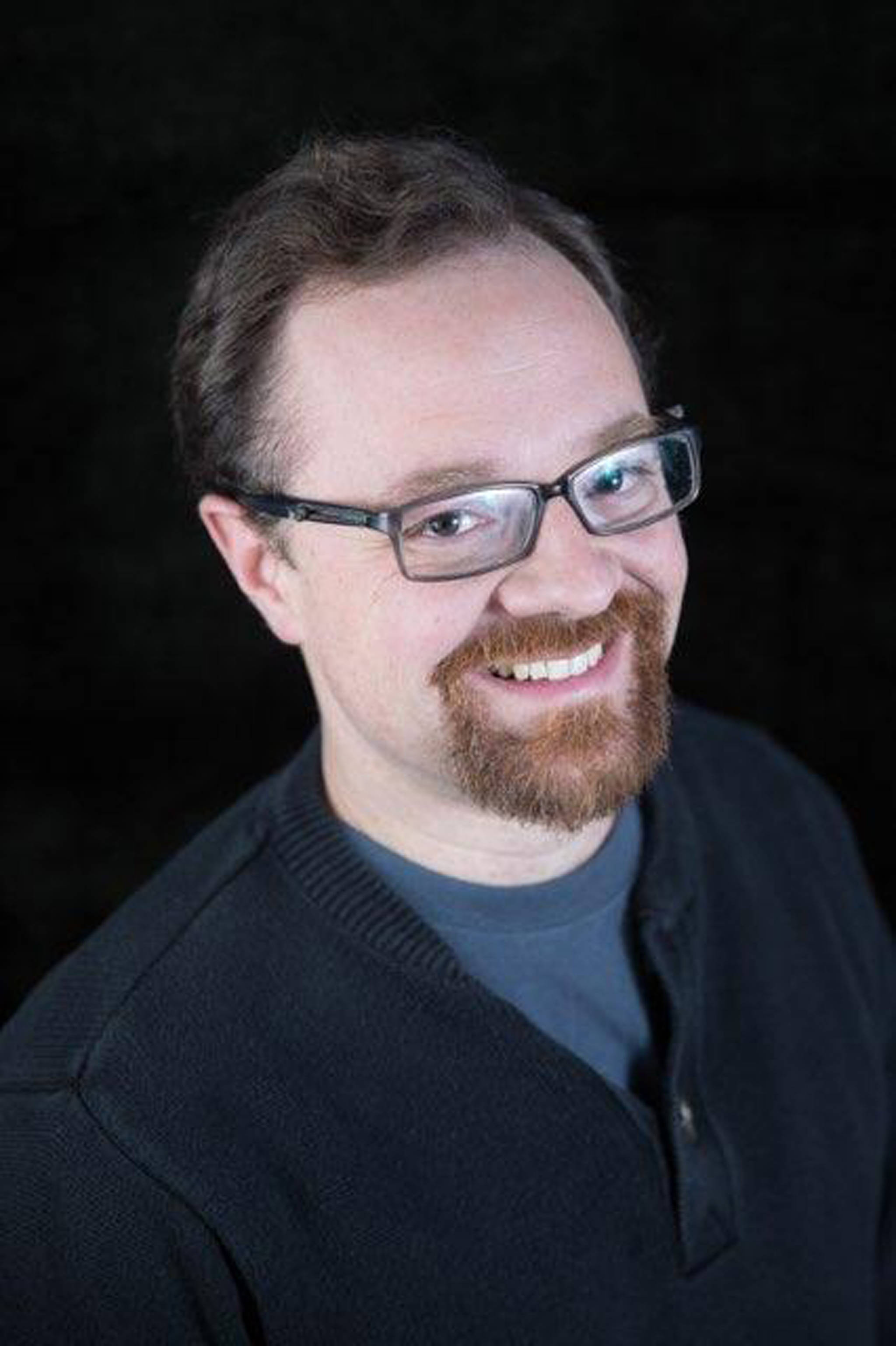Growing up, my brother Darrin and I didn’t see eye to eye on music. When I was quite young, I had decided Mozart and other classical composers were really where it was at so far as music was concerned. My broad mindedness could even allow for some of the orchestral movie scores. Those scores were trying their best to sound classical after all.
Darrin, on the other hand, had a different idea about music. Oh, he liked “long-haired” music alright, but Van Halen wasn’t wearing a powdered wig and Mozart never wrote for the electric guitar. As we lived in the same house, we had had some disagreements and often we just had to turn the speakers off and put the headphones on.
Fast forward more than 20 years and we are only slightly closer to meeting in the middle so far as music is concerned. But we have grown in respect for each other and don’t even argue about our music anymore.
[One bus, six countries, 77 kids: A Juneau student’s whirlwind European tour]
Society is in many ways like my brother and I growing up together. Some of the differences in understanding, and even what we consider right and wrong, are at times very different. The conflicts we see rising on the issue of religious freedom are coming apparent. The fact is that everyone believes in something, whether it is strictly religious or not.
From the earliest days, the Church of Jesus Christ of Latter-day Saints has maintained that religious liberty is essential. The 13 Articles of Faith are what you might consider a founding document and was written with inspiration by Joseph Smith. Article 11 states: “We claim the privilege of worshiping Almighty God according to the dictates of our own conscience, and allow all men the same privilege, let them worship how, where, or what they may.”
Absolute unity of thought isn’t what is needed, but rather, respect and fairness for all. The tables often turn in terms of what is popular. The majority can become the minority and if the “winner takes all” approach is followed, there is no end to the discord, and it is like a wrecking ball swinging from one end of the spectrum to the other, leaving nothing standing. Everyone needs to be protected in their ability to practice what they believe.
[After 43 years, student and principal reunite, reconcile]
Perhaps the most current example is with the conflict between people of faith and members of the LGBTQ community. In 2015, the Church of Jesus Christ of Latter-day Saints supported legislation in Utah that protected both religious freedom and LGBTQ rights in employment and housing, and also promoted understanding and respect.
Unfortunately, the current Equality Act that passed the U.S. House of Representatives doesn’t seem to offer protections to both sides, and therefore is likely to cause further conflict instead of resolution. Long held religious rights under the federal Religious Freedom Restoration Act are in danger of being repealed.
We need legislation that protects both religious freedom and also protects civil rights for the LGBTQ community. What is needed is to bring people together, to mutually discuss and protect the rights of all. We need laws that protect the rights of individuals and faith communities to gather freely, speak publicly, and serve and live openly according to their religious beliefs without discrimination or retaliation.
It is my conviction that the vast majority of people of faith hold no ill will to people of the LBGTQ community — some of which are among my own friends and family — and desire all to be protected in their basic civil rights, and that people and organizations of faith yet have a vitally important role to play in society.
Reasonable and respectful compromise in areas of conflict will work to protect important rights in a balanced “fairness for all” approach. We may listen to different music, but we can respect each other.
• Brian Crapo is a member of the Juneau Stake of the Church of Jesus Christ of Latter-day Saints. He is active in the community, family, outdoors, church and business. “Living Growing” is a weekly column written by different authors and submitted by local clergy and spiritual leaders.

